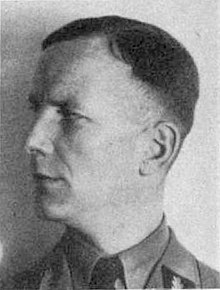Since Germany uses Congolese uranium, will France be involved in the project ?
And what about Italy ? And Spain ?
I very much doubt that Wagner shares something like that with any of his allies, but if he decides to air the progress of the German nuclear program to its main allies, the only strategic allies that could feel completely secure are Japan and Francoist Spain.
France could turn against III Reich at any time, and Italy and Germany have too many competing interests in the same territories (and even both have territorial ambitions on several territories as South Tyrol and Switzerland) to trust it beyond their fascist regimes. In contrast, the strategic interests of Germany and Spain do not collide, but complement each other perfectly: both countries want to keep Britain and France as weak as possible, and are interested in having Italy as their ally or having it as submissive as possible to their own interests. And the same goes for Japan, although their main enemies in common are the Soviet Union and Britain, and are interested in take away the United States of their own spheres of influence.

